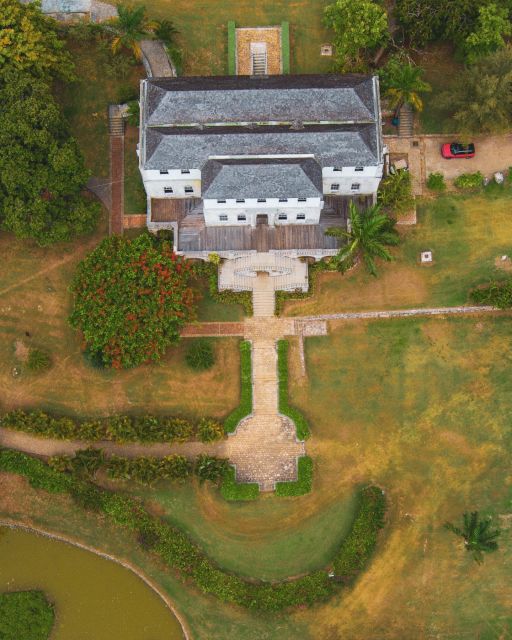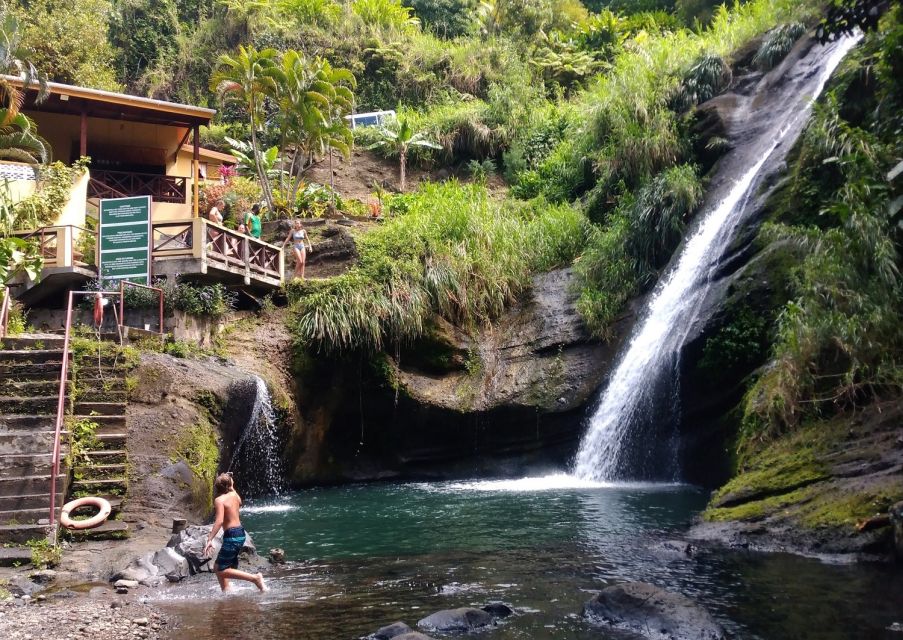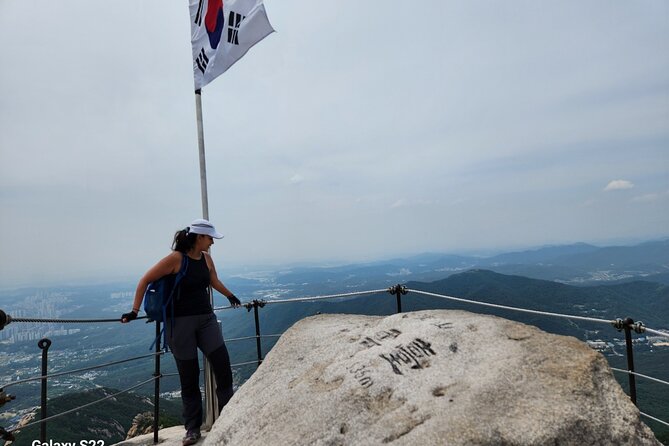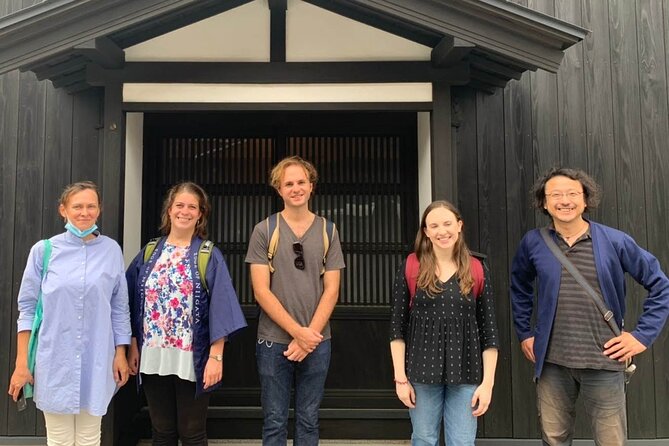Ever wondered how a single place could encapsulate centuries of Afro-Brazilian history, samba rhythms, and stories of resistance? Pedra do Sal stands as a living testament to the intertwined legacy of music and defiance in Rio de Janeiro.
Discover the hidden tales of struggle and strength that resonate through the cobblestone streets and vibrant rhythms of this iconic cultural hub, where every note played and every step danced tells a story of resilience.
Explore further to uncover the secrets that make Pedra do Sal a cornerstone of Afro-Brazilian heritage and a beacon of samba’s enduring spirit.
Key Points
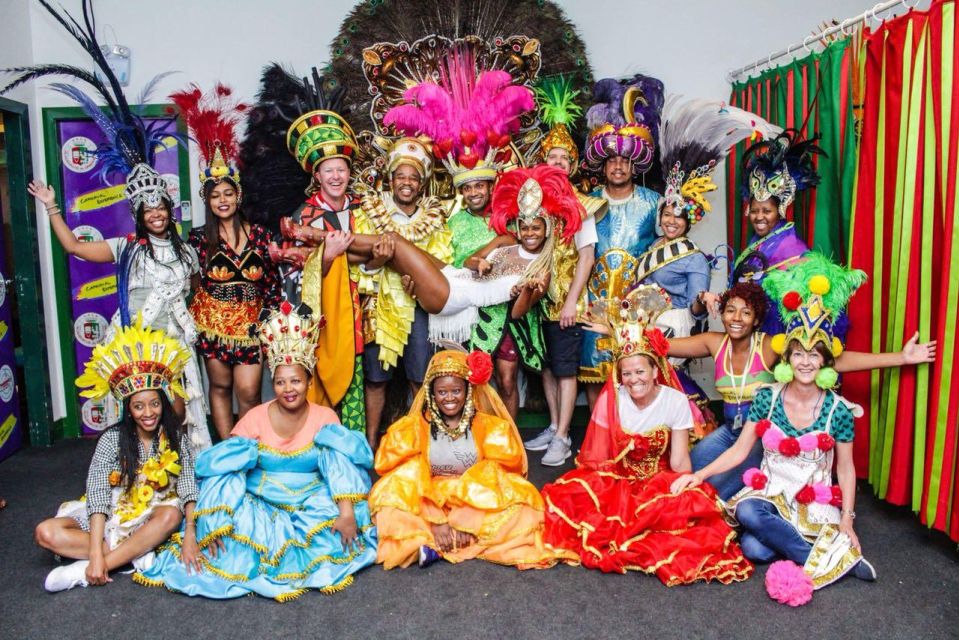
- Pedra do Sal showcases the evolution of samba and traditional dances.
- Afro-Brazilian resistance history and figures are honored.
- The pulsating rhythms of samba express cultural pride.
- The journey concludes with a classic caipirinha toast to resilience.
It's also worth checking out some other tours and experiences nearby.
Afro-Brazilian Heritage and Culture
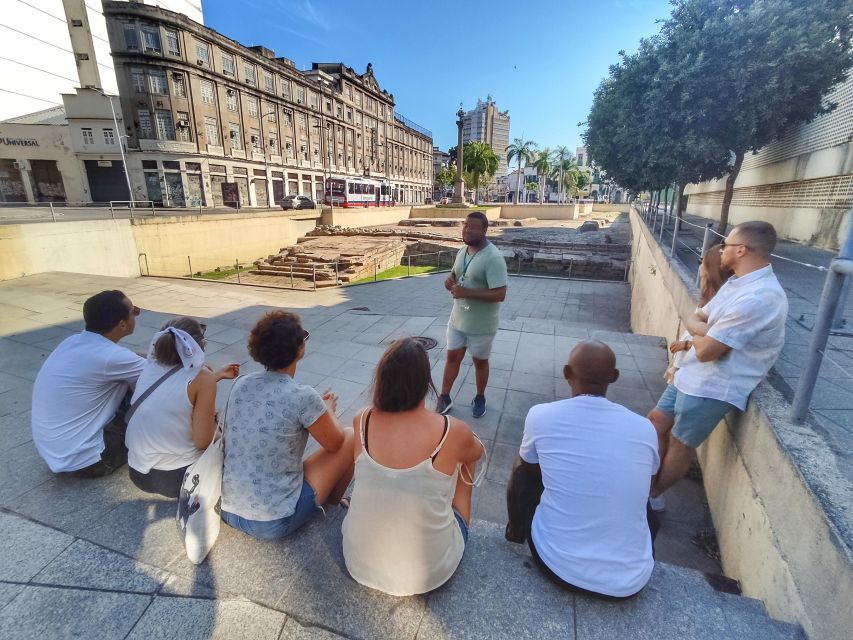
Enjoy the rich tapestry of Afro-Brazilian heritage and culture as you explore the vibrant world of Pedra do Sal – Samba and Resistance tour in Rio de Janeiro.
This experience offers a deep dive into the cultural diversity and heritage preservation of Afro-Brazilian traditions. Visitors witness the musical evolution and traditional dances that are integral to the Afro-Brazilian identity.
The tour provides insights into the rich history and significance of resistance within the Afro-Brazilian community, shedding light on black personalities who fought to end slavery. Participants are enveloped in the pulsating rhythms of samba, experiencing the lively atmosphere of samba street parties.
The journey culminates with the enjoyment of a classic caipirinha, a perfect ending to a journey through Afro-Brazilian culture.
Samba Roots and Traditions
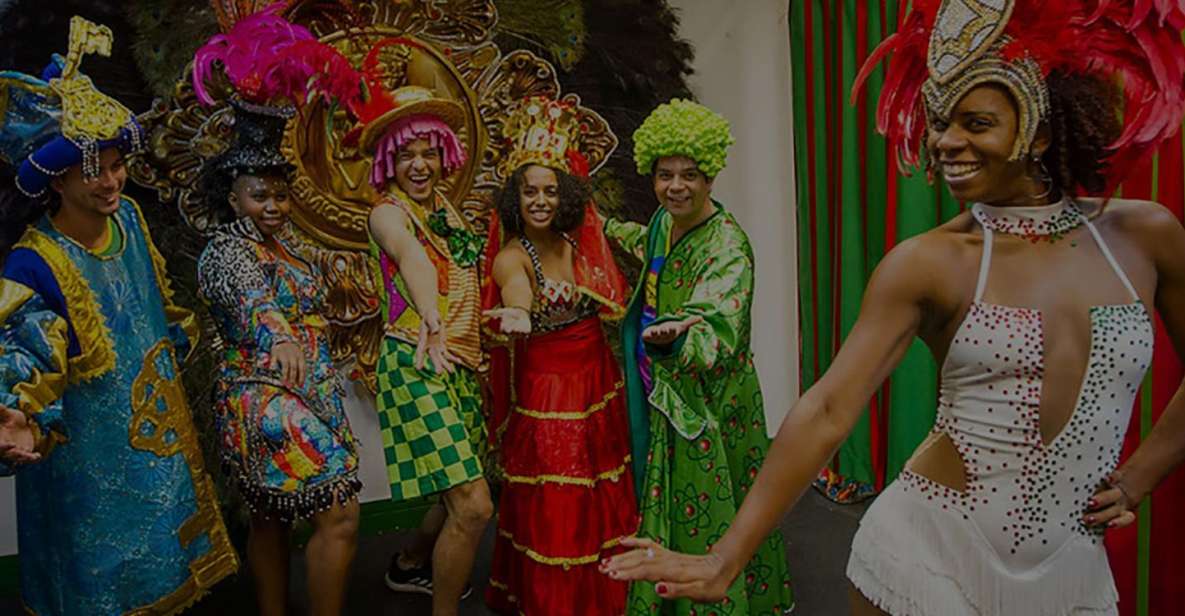
Explore the rhythmic heartbeat of Brazilian culture by exploring the roots and traditions of samba, a musical genre deeply intertwined with the country’s history and identity.
Samba originated in Brazil, specifically in Rio de Janeiro, blending African rhythmic patterns with European melodies. Its cultural significance lies in its roots within Afro-Brazilian communities, where it served as a form of resistance and expression of cultural identity during times of hardship.
The genre has evolved over the years, becoming a symbol of Brazilian national pride and a prominent feature of celebrations like Carnival. Understanding the history and traditions behind samba provides insight into the resilience and creativity of the Brazilian people, making it an essential part of the country’s cultural tapestry.
Historical Resistance and Struggle
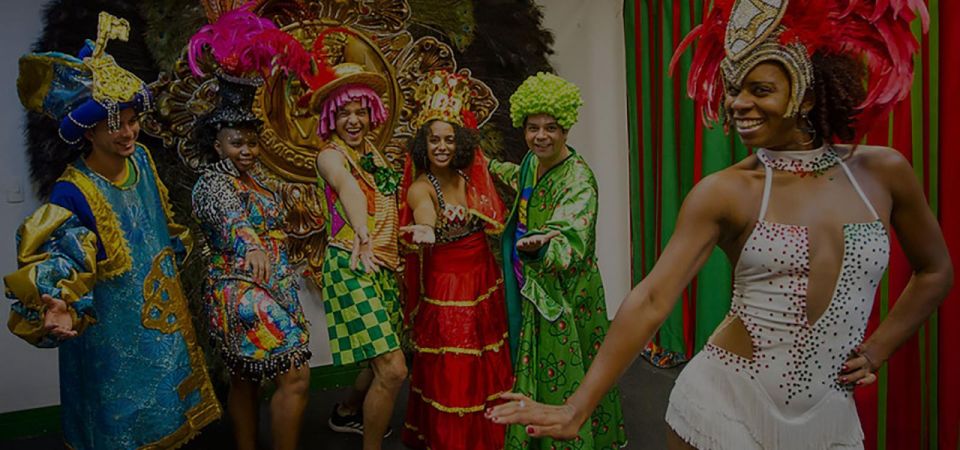
The history of resistance and struggle in Brazil is intricately woven into the fabric of its cultural evolution, shaping the narratives of resilience and defiance that define the nation’s identity.
- Quilombos: Communities of escaped slaves who fought against oppression and formed their own societies.
- Palmares: A symbol of resistance, Palmares was a self-governing republic of escaped slaves in the 17th century.
- Abolition Movement: Led by prominent figures like Zumbi dos Palmares, fighting for the end of slavery and the recognition of Afro-Brazilian heritage.
These historical struggles highlight the resilience and determination of the Brazilian people in preserving their heritage amidst adversity. The echoes of these past challenges resonate in the vibrant culture and traditions of Brazil today.
Vibrant Samba Street Parties
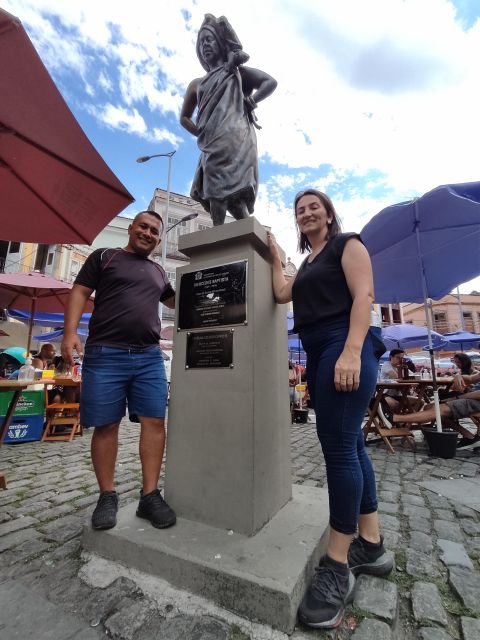
The vibrant heartbeat of Brazil’s cultural tapestry pulses through the lively streets during the electrifying Samba parties. These vibrant street parties are not just about dancing; they are a cultural celebration that embodies the soul of Brazil. The rhythmic beats of the drums, the colorful costumes, and the energetic Samba dance create an atmosphere filled with joy and unity.
| Imagery | Sounds | Emotions |
|---|---|---|
| Colorful costumes | Rhythmic drum beats | Joyful |
| Energetic dance | Melodic music | Unity |
| Smiling faces | Laughter | Excitement |
Caipirinha Experience to Conclude

Concluding the immersive tour through the vibrant Afro-Brazilian culture and history of samba, participants are treated to a refreshing and traditional caipirinha experience.
The caipirinha tasting holds great cultural significance, symbolizing the blending of diverse influences in Brazilian heritage. Imagine the scene:
- Freshly squeezed limes releasing their zesty aroma
- Crystal-clear cachaça pouring over ice cubes
- Cane sugar dissolving slowly, balancing the flavors
This caipirinha experience not only delights the taste buds but also serves as a symbolic toast to the resilience and creativity of Afro-Brazilian communities in the face of historical challenges.
Immersive Pedra Do Sal Tour
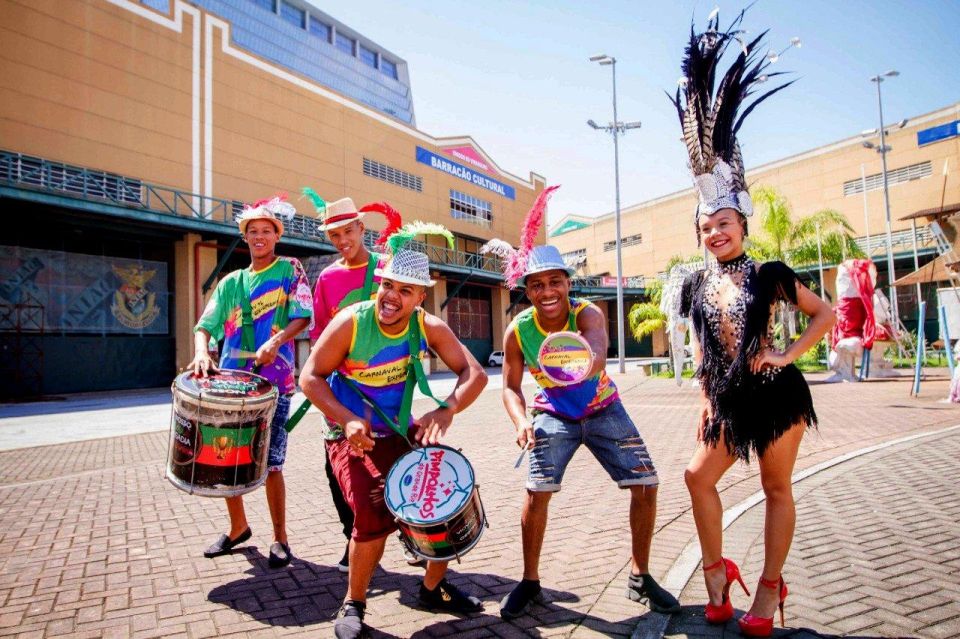
Participants of the Afro-Brazilian cultural tour are transported back in time as they step into the immersive world of Pedra Do Sal, where the vibrant history of samba and resistance unfolds before their eyes. This interactive experience offers a unique cultural exploration into the roots of Afro-Brazilian heritage, providing insights into the rich traditions and struggles of the past. Below is a snapshot of what participants can expect during the immersive Pedra Do Sal tour:
| Tour Highlights | Details | Benefits |
|---|---|---|
| African-Brazilian Culture | Engage with the traditions and customs of Afro-Brazilian culture | Gain a deeper understanding of Brazil’s diverse heritage |
| Samba Street Parties | Visit the historic area known for its lively samba celebrations | Enjoy the vibrant atmosphere of street parties |
| Carnival Traditions | Learn about the significance of samba schools and carnival practices | Appreciate the cultural importance of these traditions |
Here's a few more nearby tours and experiences we think you'll like.
Common questions
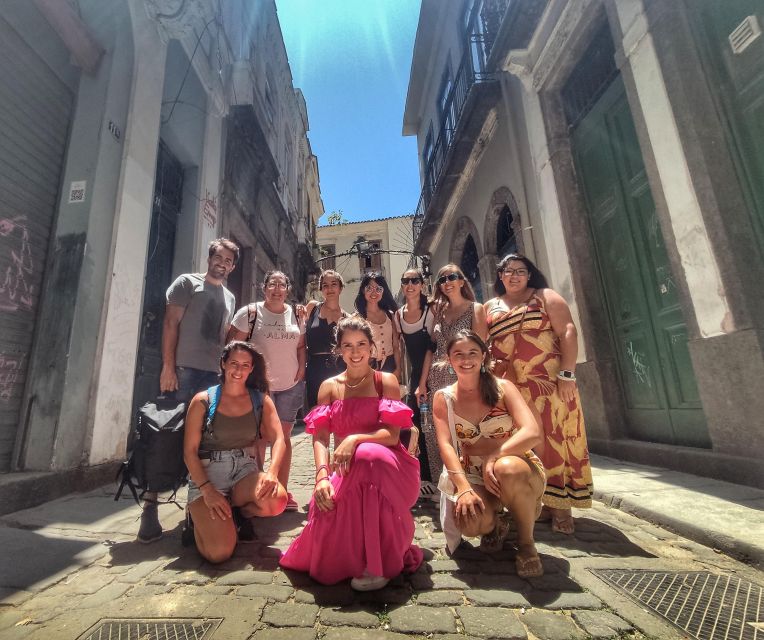
Is This Tour Suitable for Children?
This tour is child-friendly, offering an educational experience suitable for young learners. Kids can immerse in Afro-Brazilian culture, learn about samba history, and enjoy the vibrant atmosphere of street parties. It’s an engaging and enriching adventure.
Are There Any Specific Dress Code Requirements for the Tour?
For the tour, there are no specific dress code requirements. Participants are advised to dress comfortably for walking and exploring. The tour provides an immersive experience in Afro-Brazilian culture without any stringent dress regulations, ensuring a relaxed exploration.
Can I Participate in Any Samba Activities During the Tour?
During the tour, participants can engage in lively samba workshops for a hands-on experience. This culture offers a chance to learn samba rhythms and movements firsthand, deepening understanding of Afro-Brazilian heritage in an interactive way.
Will There Be Opportunities to Purchase Souvenirs Related to Afro-Brazilian Culture?
Visitors have the chance to purchase cultural artifacts and artisan crafts related to Afro-Brazilian culture during the tour. These souvenirs offer a tangible connection to the vibrant heritage and history showcased throughout the experience.
Are There Any Age Restrictions for Participating in the Tour?
There are no specific age restrictions for participating in the tour. The experience is suitable for all ages. Whether young or old, everyone can enjoy and learn about Afro-Brazilian culture and samba traditions.
Not for you? Here's more of our most recent tour reviews happening neaby
- From Rio De Janeiro: Arraial Do Cabo Tour With Lunch
- Rio: Tijuca Forest & Horto Waterfalls Circuit Tour
- Rio De Janeiro: Sugarloaf Mountain Hike Tour
- Rio: Pub Crawl in Lapa With Cachaça Tasting and Live Samba
- Rio: Christ the Redeemer & Sugarloaf Express Tour
- Private Boat Tour With Photography Service
- Rio De Janeiro: Hang Gliding Tandem Flight
- Rio De Janeiro Hang Gliding Adventure
- Rio: Floating Breakfast Boat Trip in Guanabara Bay
- Favela Tour the Original, Rocinha & Vila Canoas Since 1992
- Rio De Janeiro (Urca) Scavenger Hunt and Self-Guided Tour
- Pedra Do Telégrafo Hike and Beach Full-Day Tour
- From Rio De Janeiro: Sugarloaf Mountain Tour With Cable Car
- Rio De Janeiro: Morro Dois Irmãos Trail
- Abricó Beach (Nudist Beach), Grumari Beach & More.
Sum Up
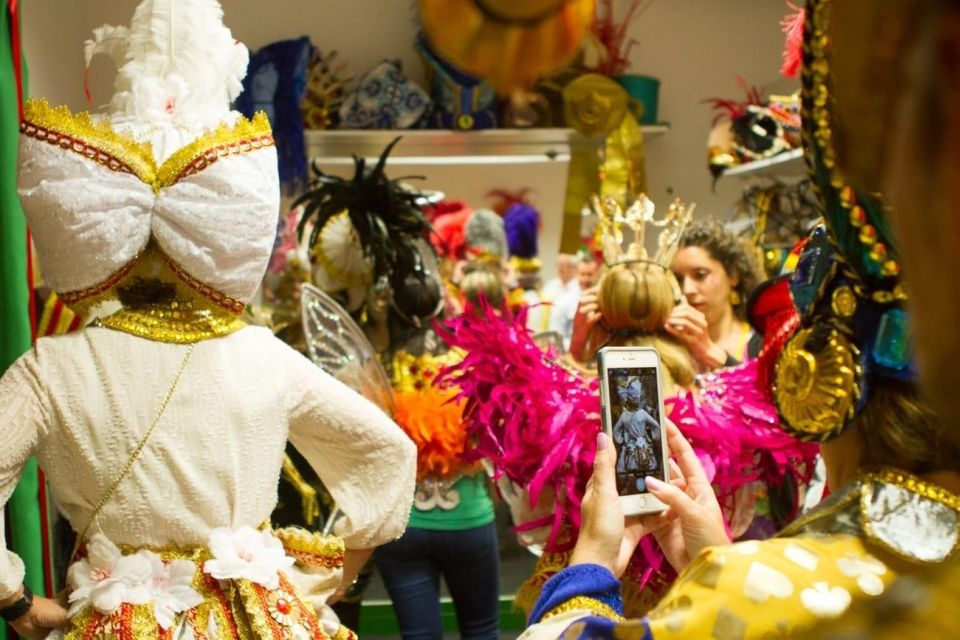
Step into the heart of Afro-Brazilian culture with the ‘Pedra do Sal – Samba and Resistance’ tour. From exploring the roots of samba to learning about historical resistance, this immersive experience offers a glimpse into Rio de Janeiro’s vibrant heritage.
Indulge in Afro-Brazilian gastronomy, dance at samba street parties, and sip on a traditional caipirinha to conclude your cultural odyssey. Don’t miss out on this unforgettable journey through history and tradition.

